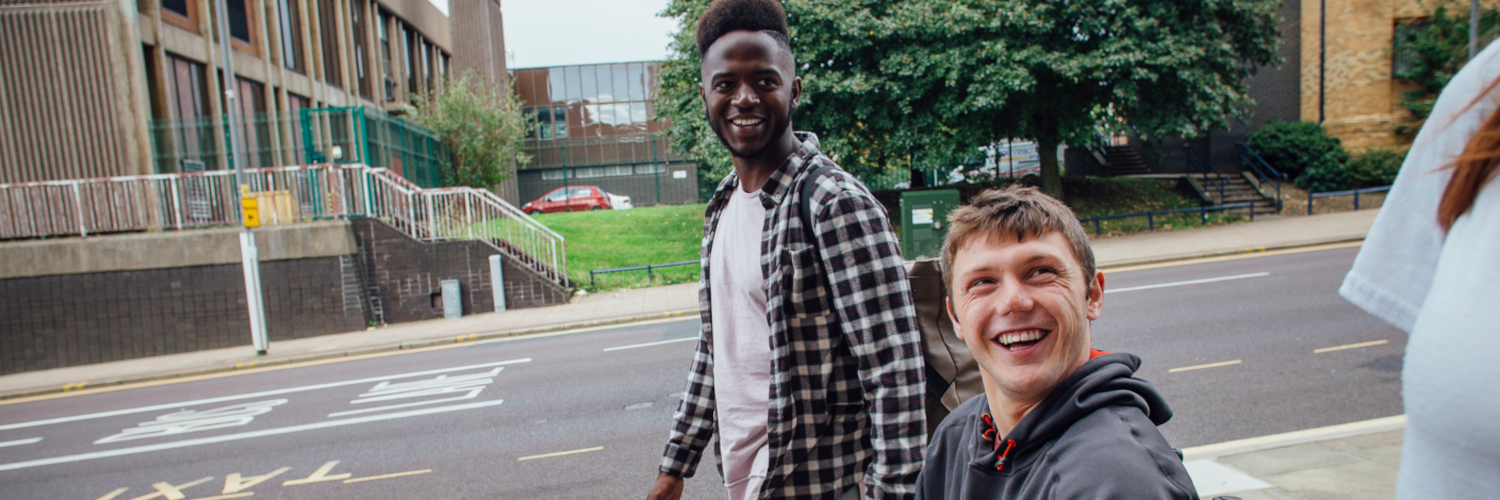Sharing power as equals
Looks at how power imbalances within the social care system can lead to exclusion and inequality.
This chapter looks at how power imbalances within the social care system can lead to exclusion and inequality. It sets out how we can work in ways which help to build confidence and empower people to ‘positively challenge things that impact on our lives’.
What is power?
What is power, and how can it be shared with people who draw on care and support?
There is no one way of thinking about power. It can look and feel different, according to the situation. Even thinking about the phrase ‘sharing power as equals’ isn’t straightforward; power can imply that someone has a hold on you, and it can also imply that everyone has power to share (when this is not necessarily the case).
Exclusion is hugely disempowering. There are all sorts of processes within health and social care that can exclude, from centralised decision-making that ignores or tokenises the voices of people with care and support needs, to physical buildings that side-line the needs of people with care and support needs.
The Sharing Power As Equals group were clear that there were four ‘Rs’ that underpinned work to reduce power imbalances. Respect, recognition, rewards and representation.

Decision-making
How can we ensure that we are including people in decision-making?
The people who are best placed to offer suggestions for change in services are those who are directly affected by those services.
Often, people are ‘invited’ to a co-production project after agendas are set and boundaries are put in place. Think about co-production from the very earliest ideas stage – something the group members defined as ‘pre-production’. Co-create outcomes to provide transparency.
When people have to repeat themselves, when they have to chase services, when information is missing – although it may not be intentional, it does express to people with care and support needs that their time is worth less than professional time. These aspects, and many more, are symptomatic of fragmented or siloed services.
Many people do not have the ‘know-how’ or confidence to challenge power or stand up for their rights. Building people’s confidence, sharing information, and practising transparency is one of the most effective ways to share power as equals. Part of this is empowering staff in direct work to be legally literate so they, in turn, can be clear on people’s rights and advocate for them.

Power as equals
What can we do to try and address power imbalances?
Behaviour and non-verbal cues can carry as much weight as words do (and sometimes more). This doesn’t mean that words are unimportant – but it does mean that, if only words are considered, many of the power dynamics will be missed.
The health and social care systems are complex. Anything to help counter this – from clear explanations, to advocacy, to taking action to simplify forms and processes – is an important part of sharing power as equals. Create a variety of ways that people can access services and information, and always check understanding.
Reflect on the professional and personal power you hold. Understand that, for you, working in care and support is a job; for people who rely on those services, it is their life. Power won’t be truly shared until those who currently hold it reflect on the full responsibility their current power gives to them.


